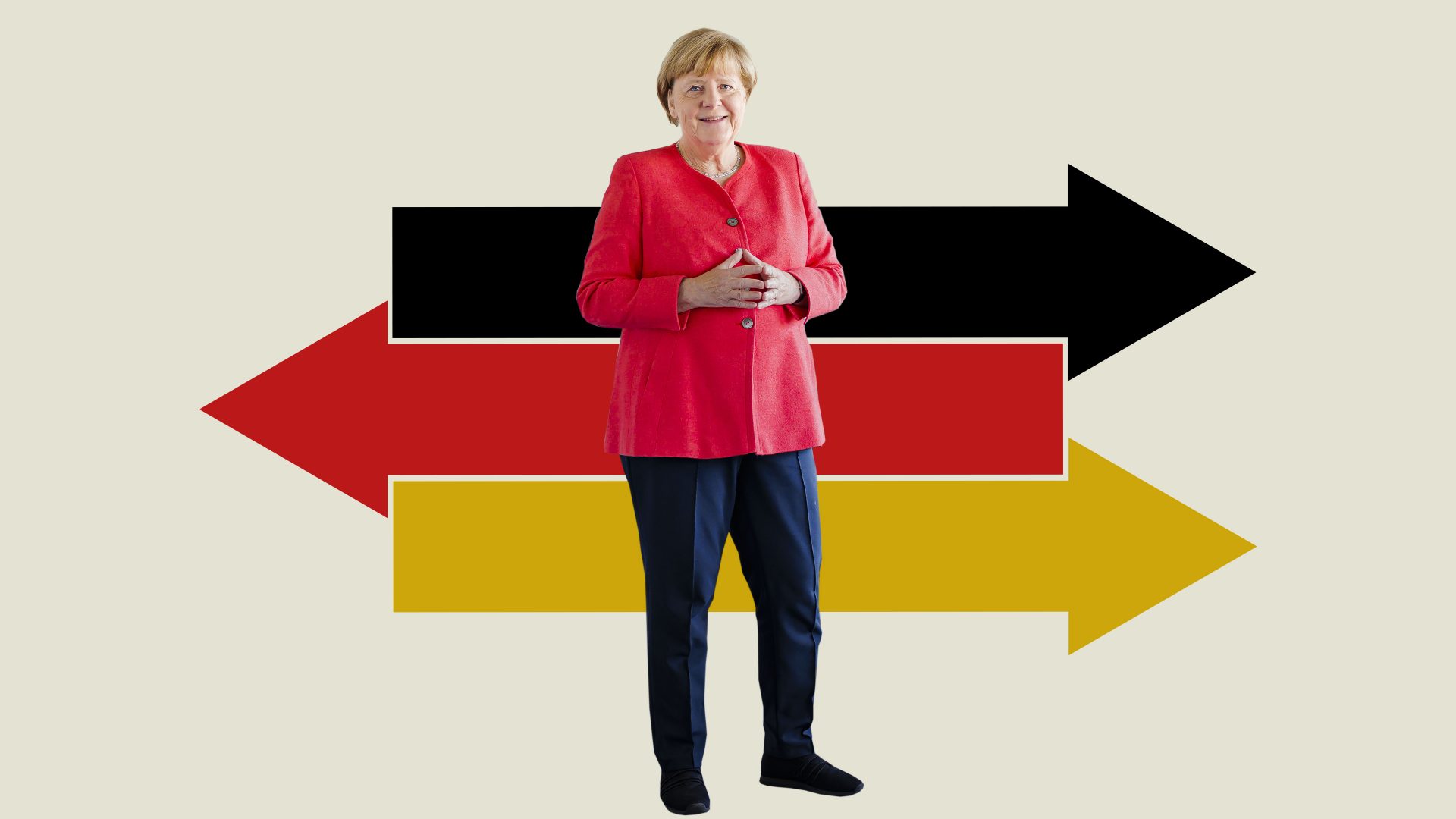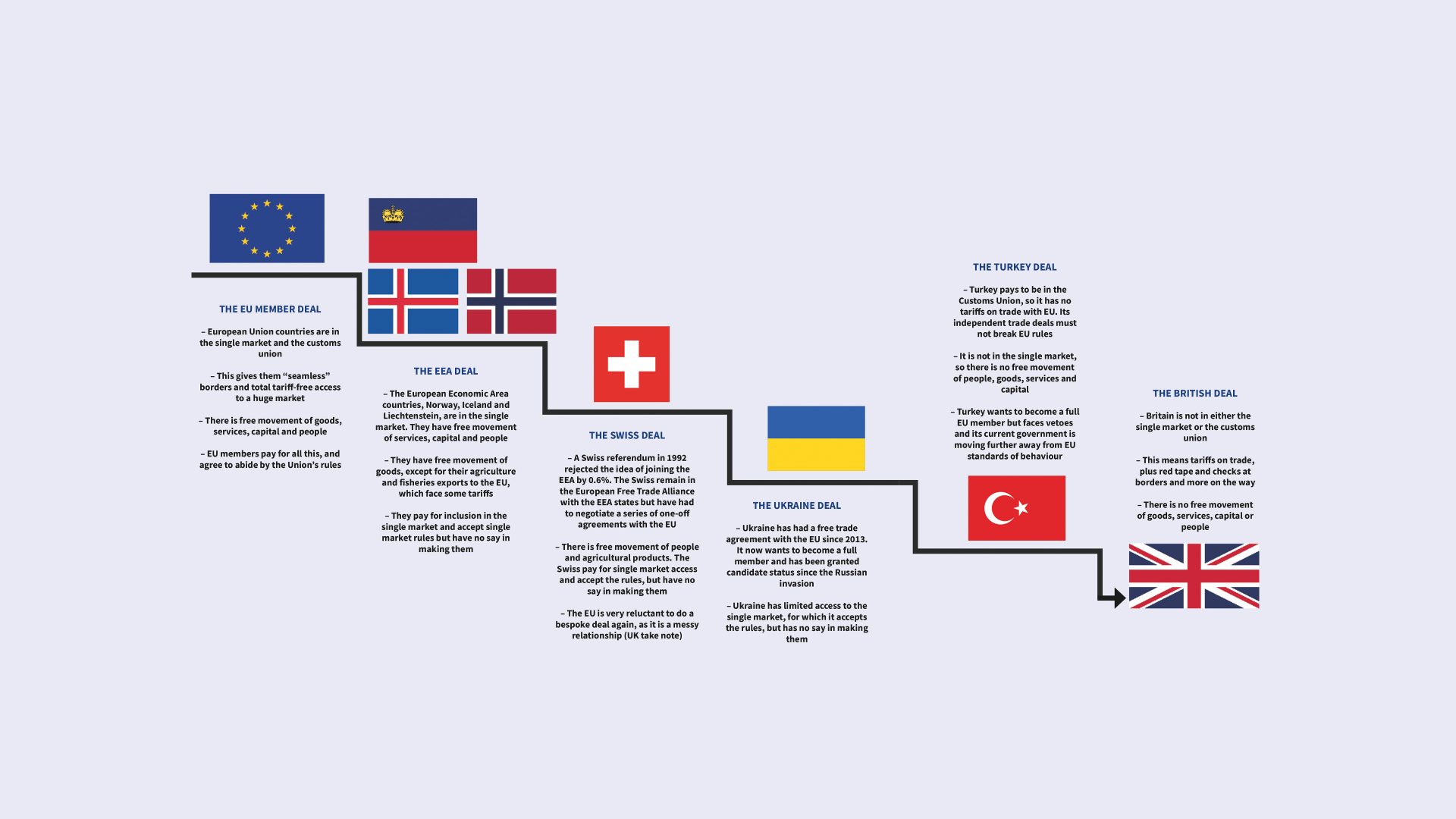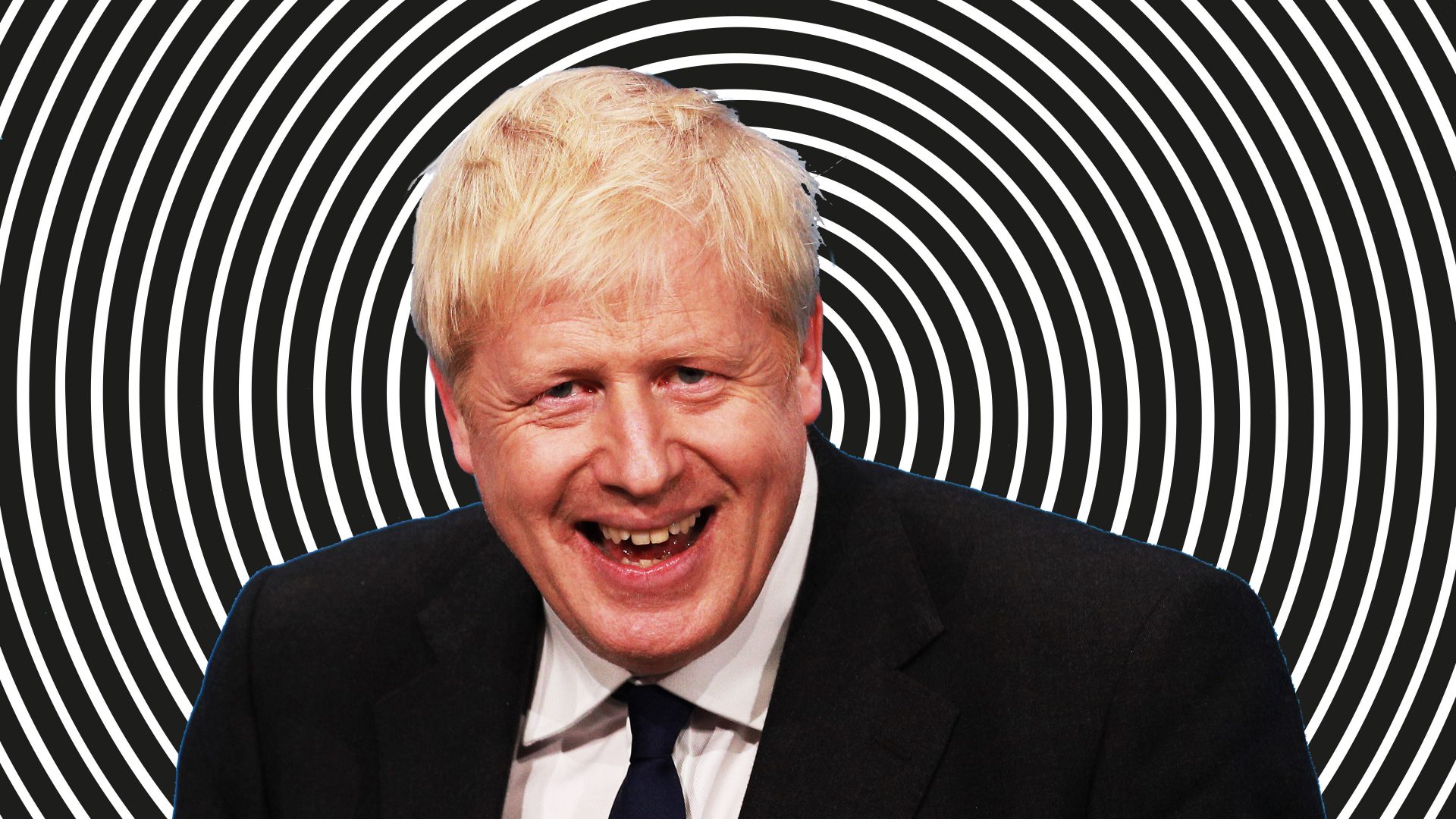So it’s been six years already. I assume for most Britons the morning after the referendum is one of those rare days you’ll always remember, where you were, how you felt. Like 9/11.
My memories, as the then-editor of German tabloid newspaper Bild: For a week we had surpassed ourselves in our efforts to keep Britain in, including the headline “Dear Brits, if you remain, we concede the Wembley goal”.
It still saddens me that we couldn’t make it work. But at least the sports desk was relieved.
I, in contrast, felt a profound sense of loss that day and for weeks to come. Not because of the £10,000 we had lost at the bookmakers (company money, not mine, luckily). Relying on top-notch London media sources who gave Brexit no chance, I had bet on Remain. We intended to spend the winnings in Fleet Street’s Ye Old Cheshire Cheese – a British-German-binge party, free rounds for everyone. Well, collateral damage, like so many other plans.
Since 2016, with few exceptions, you may label the larger German public’s approach towards UK politics as either gloating interest, or, to a much bigger proportion, gloating disinterest.
And just a hint to all republicans: The Platinum Jubilee has shown it yet again, but especially since Boris Johnson took power, your royals still produce the best PR the UK gets in Germany. Imagewise, The Firm is your flagship product (let’s gloss over Randy Andy).
Given the overall state of affairs, it may come as no surprise to you that by now even AfD – the blackhead on our political party landscape – does not want to be tainted by any UK Vote Leave association. Don’t mention ze Brexit…
At their party convention last weekend, a resolution was proposed in favour of, no, not Dexit (Deutschland leaving the EU), that would be much too simple. It called for – hold on tight! – a “concerted dissolution” of the EU altogether. I’ll spare you the five-page reasoning, in which – quite tellingly – neither Brexit nor Britain were mentioned. For lack of best practice, maybe?
Interestingly, even this far-right fringe party with all its nationalist delusionists did not dare take a vote on such a profound anti-EU proposal. Instead, the so-called moderate extremists clashed with the extremist extremists. The only remedy was a different sort of Leave vote: Put an early end to the convention and leave the premises.
AfD did have a reason to celebrate last week, however: They claimed a judicial victory over Angela Merkel because of remarks she had made in 2020, as chancellor, on a trip to South Africa.
Speaking to journalists shortly after the parliament of the state of Thuringia had elected a new ministerpräsident with the votes of the AfD, Merkel called the election “inexcusable” (true), said that the outcome should “be reversed” (it was) and that it was a “bad day for democracy” (jawohl). The Federal Constitutional Court found Merkel’s remarks in her role as chancellor in violation of the AfD’s right to fair political competition.
Which finally brings me to the question many of you may have: How is she doing, with a nearly empty calendar, more than six months after leaving office?
Extremely well, it seems, back in Berlin after chilly walks along the Baltic Sea and catching up with the reading she missed out on in 16 years.
People up north, taciturn by nature, didn’t tip off the press about her hideout. And the anorak-hood did help, too.
Now Merkel enjoys her new offices Unter den Linden 71, rooms Helmut Kohl had already used in his post-chancellor era, across the street from famous Hotel Adlon (and the British embassy). The meeting room has a spectacular view of Brandenburg Gate.
She won’t run into Gerhard Schröder: parliament has taken his empty office space from him (his staffers had handed in their resignations as Gerhard’s ongoing Putin-bromance was too embarrassing…) and he is now suing the Bundesrepublik to get them back.
Her own policy towards Russia is in the media focus, too, and she recently gave two extensive interviews about her time in office and what she has been doing since leaving. She condemned Putin’s invasion of Ukraine but defended her own diplomatic attempts to engage Russia, justified the deepening of economic relations with Moscow and her opposition against a Nato membership of Ukraine in 2008. As usual, her fans are with her (“who could have known?”) and her critics aren’t (“unapologetic!”). We’ll have a reprise once her memoirs are out.
Maybe then she’ll have more to say about Britain, too, because in both recent interviews the UK, Brexit and Boris Johnson didn’t figure. Europe yes, the refugee crisis, yes, Joe Biden, Emmanuel Macron…
At least there was one Englishman Merkel mentioned: William Shakespeare. On the beaches, up north, she had listened to a Macbeth audiobook.




